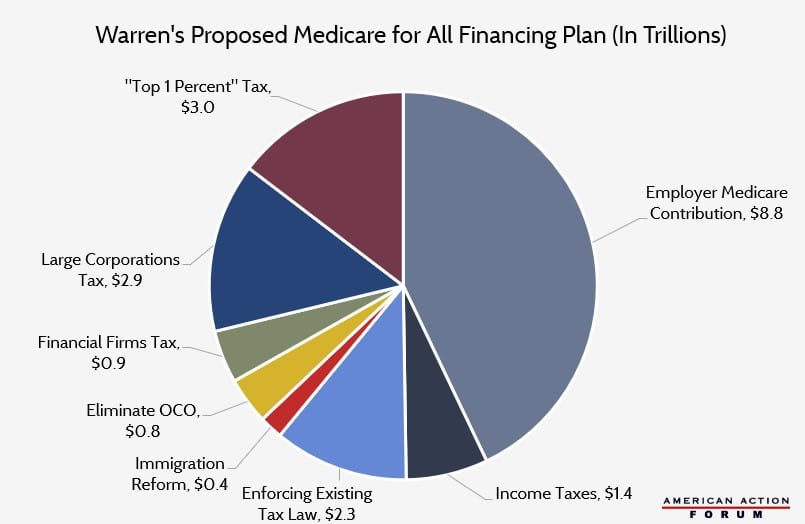“Before now, Warren’s radical proposal never would have been introduced by someone with a serious shot at becoming president,” Galen Senior Fellow Brian Blase explains in a piece for RealClearPolitics.
“But the health care status quo is failing too many Americans. She is right that health care prices are generally too high, that provider consolidation is a serious problem, and that health outcomes are generally disappointing,” Brian writes.
However…“Her prescription to address these problems is all wrong,” he explains, including evidence of the harm a Washington-centric system does to innovation.
“For evidence of the devastating impact of Medicare’s control of payments, look no further than the sorry state of American kidney care, with high death rates and outdated, inefficient treatments. Only 12% of American patients undergo dialysis at home, where they could receive treatment while they sleep, compared to 80% in Hong Kong and 56% in Guatemala.
“One kidney care administrator has remarked: ‘The last 30 years as a country, all we’ve done is wait for kidneys to fail and we put people on dialysis.’
“The reason for this devastating outcome? Medicare has covered all end-stage kidney disease treatment since 1973. Dialysis providers can send large bills to Washington to cover inefficient care. They stand in the way of reform while patients, particularly the most vulnerable, suffer. And Medicare — as the single payer for end-stage kidney disease — is the primary culprit for lack of market innovation and the resulting death and destruction.”
Galen Senior Fellow Doug Badger looks at the significant threat to our economy of today’s health spending in the article and video for FoxBusiness. “Health entitlements are the largest and fastest-growing component of the federal budget and the leading cause of long-term fiscal instability,” he writes.
But Medicare for All is not the answer. “A RAND Corporation analysis found that it would increase health spending, enlarging the gap between the U.S. and other countries.
“The U.S. is hardly unique in struggling with rising health spending. U.S. health spending is projected to grow more slowly than the OECD average through 2030, meaning it will outperform many countries with centralized financing,” Doug writes.
“Shifting the entire burden of health financing onto the U.S. government is more likely to worsen fiscal strains than to relieve them.”
We’ve been saying all along that the more people learn about M4All, the less appealing it becomes. It turns out that even many of its ardent supporters (67%) think they will be able to keep their private insurance. “Of the 50 biggest stories over the last two weeks about Elizabeth Warren’s plan to pay for Medicare for All, 70% were negative,” Axios reports based upon NewsWhip data.
In addition to the promise that you can’t keep your current plan, objections include the battery of new taxes—which inevitably will hit the middle class—but many also are worried about the millions of jobs that will be eliminated, including an estimated two million in the health insurance industry.
Sen. Warren’s poll numbers have been impacted, but not in a good way. She was briefly #1 in the 2020 Democratic polling average, but she now is behind former VP Joe Biden by 7.2 points.
I was interviewed on Fox Business.com about the Warren pay-fors, explaining, among other things, that Warren comes up tens of trillions of dollars short.
Doug Holtz-Eakin, president of American Action Forum and a former director of the Congressional Budget Office, gives a clear breakdown of how unrealistic the numbers are.
AAF prepared this handy chart detailing Sen. Warren’s pay-fors so you don’t have to read it all:

